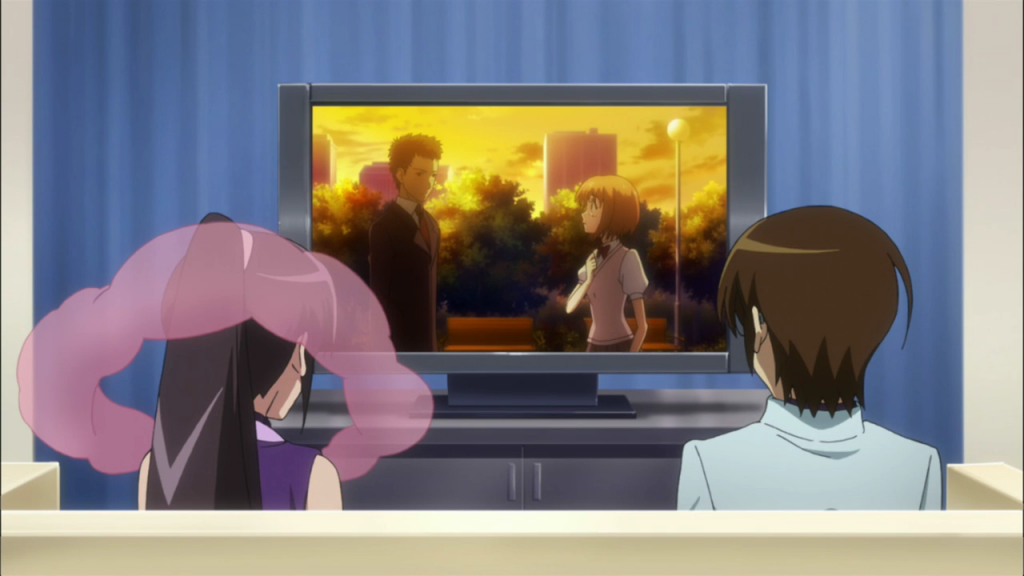 I enjoy a good Netflix binge, but in our age of on-demand content, we lost the value of anticipation. When we can watch anime whenever we want, for as long as we want, we lose the slow build of excitement waiting can bring. Unfortunately, American society disdains patience. Sure, we say patience is a virtue, but in practice we hate waiting. But waiting helps us enjoy anime more.
I enjoy a good Netflix binge, but in our age of on-demand content, we lost the value of anticipation. When we can watch anime whenever we want, for as long as we want, we lose the slow build of excitement waiting can bring. Unfortunately, American society disdains patience. Sure, we say patience is a virtue, but in practice we hate waiting. But waiting helps us enjoy anime more.
For example, each week I look forward to spending a Saturday night watching Toonami. After working all week, it’s a great way to unwind. Now, I could watch most of Toonami shows online. I could binge on DBZ Kai, but I don’t because I prefer the wait. On weeks when I am socially exhausted, Toonami helps me push through the week. Small goals help keep us motivated. When I sit down to watch DBZ Kai and the rest of Toonami, I quite enjoy the time.
Anticipation helps us savor by building excitement and looking-forwardness. Looking-forwardness makes my couch feel softer and my tea taste better. That’s the odd aspect of habit. Habits comfort us more when they are special and when they endcap our time. Time endcaps allow us to shift our thinking from, say, work to hobby. I use Toonami to shift to relaxation. I have a habit of using Sundays as a Sabbath, and Toonami starts that relaxation day. I anticipate this time. Before I wrote this article, I enjoyed a cup of tea and a slice of chocolate cake. I promised myself early in the day that I would have this snack. I could have had a slice of cake with dinner, but that would have broke the all-day wait I allotted. I enjoyed the cake more because I made myself wait for it.
Anticipation differs from hype. Hype involves expectation and excitement. Anticipation lacks the expectation aspects of hype. When I anticipate something, I don’t have expectations. For example, I still enjoy my time relaxing with Toonami even when the episodes are let-downs. Sometimes, I will hype myself. In those cases, I set myself up for disappointment which makes it harder for me to enjoy the relaxation time. We see hype disappoint people most often in the realm of video games. People allow expectations to grow to the point where no game could hope to match them. Anticipation lacks these vaunted expectations. Expectations quickly get out of hand with the Internet’s echo chamber. Some expectation naturally comes from anticipation, but I find it best to avoid videos, articles, and trailers for content that excites me.
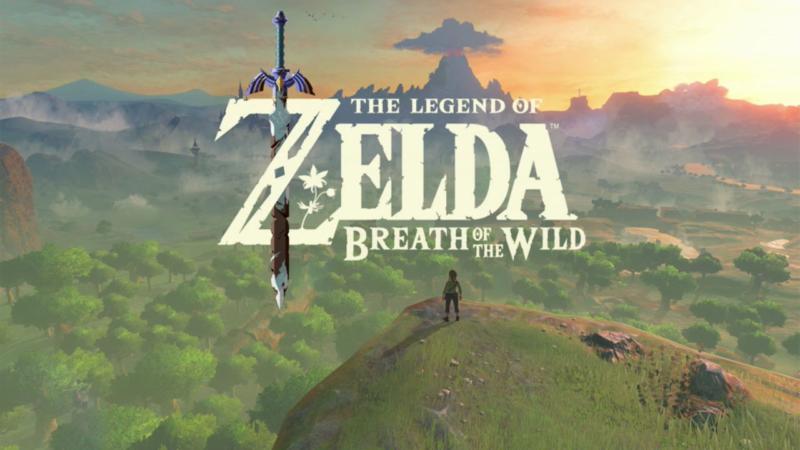 For example, I looked forward to The Legend of Zelda: Breath of the Wild. I’m a big Zelda fan, but I decided to impose a media blackout. I’ve only seen one early video about the game before I decided to eschew all coverage. I want to know almost nothing about the game until I play it for myself. I am an old-school gamer–the type that grew up drawing maps and making my own guides while I played. I prefer going in without any expectations or knowledge.
For example, I looked forward to The Legend of Zelda: Breath of the Wild. I’m a big Zelda fan, but I decided to impose a media blackout. I’ve only seen one early video about the game before I decided to eschew all coverage. I want to know almost nothing about the game until I play it for myself. I am an old-school gamer–the type that grew up drawing maps and making my own guides while I played. I prefer going in without any expectations or knowledge.
In the same way, I blackout anime that I find interesting. When I saw the trailer for One Punch Man on Toonami, I avoided anything that had to do with it. Doing this allows you to avoid anyone coloring your viewpoint. The articles and videos we consume can sway your opinion long before you see the first episode of an anime or read the first page of a manga. Only after I finish a game or series do I seek out reviews. By then, I have my own opinion about the work and want to see what others think.
Cultivating Anticipation
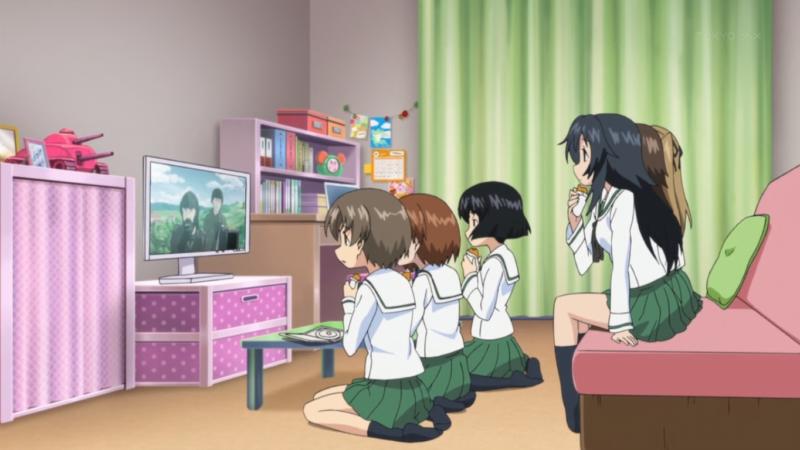 Anticipation is easy to cultivate, and difficult to stick with. The trick is to delay gratification and make that a habit. Waiting to eat my slice of chocolate cake took some effort, but I enjoyed the cake and tea all the more for the wait. Setting small, delayed goals helps you learn resistance to impulse.Instead of bingeing on an anime right now, push the marathon to a future day of the week. Make this a Friday night habit. The habit will endcap the week and help you build anticipation.
Anticipation is easy to cultivate, and difficult to stick with. The trick is to delay gratification and make that a habit. Waiting to eat my slice of chocolate cake took some effort, but I enjoyed the cake and tea all the more for the wait. Setting small, delayed goals helps you learn resistance to impulse.Instead of bingeing on an anime right now, push the marathon to a future day of the week. Make this a Friday night habit. The habit will endcap the week and help you build anticipation.
Over time, these small habits will transfer to larger concerns and finances. Delaying gratification helps you control your spending habits. Impulsive purchases quickly add up. However, you can use manga and anime purchases to motivate you. Don’t buy the latest copy of Tokyo Ghoul until after you finish Economics with a B. Use it as a reward. Now, this may feel like depriving yourself. After all, some of your friends will continue to buy things, and they will own more than you will. However, you will appreciate what you have more. Your wallet will be healthier too. You’ll also discover the odd result of anticipation: you need less to feel happier.
This isn’t to say the occasional impulsive purchase is wrong, but it shouldn’t rule your actions all the time. Consumption should be planned rather than be automatic. Planning creates anticipation and allows you to set goals to keep you motivated. But this requires discipline. You may need an accountability buddy when you get started.
I know this seems silly. After all, it’s just watching anime. But small habits accumulate and create your character. I like the anticipation period. While it can be mentally painful, when I finally reach the planned point, it is just that much more enjoyable. And length of time affects enjoyment. Once a week anime binges work well for me. I punctuate each month with a movie binge day too. I will set ahead most of a day once every month or 2 and marathon various movies or video games. Rarity makes me appreciate them more.
Anticipation remains a forgotten virtue in our on-demand world. Without it, we fail to enjoy stories, video games, and other aspects of life to the fullest. While it’s cheesy, the best really does come to those who wait.
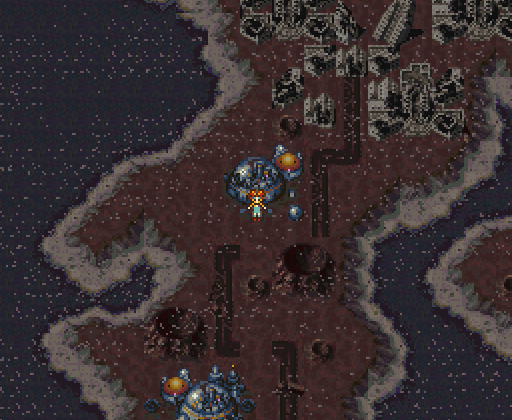
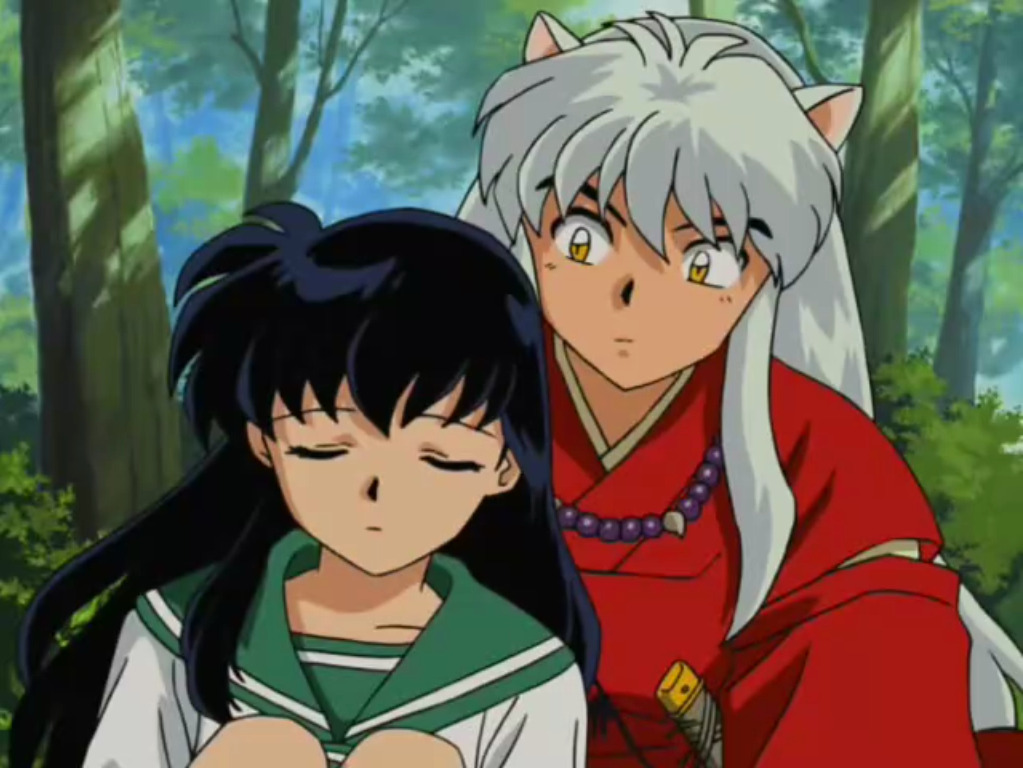

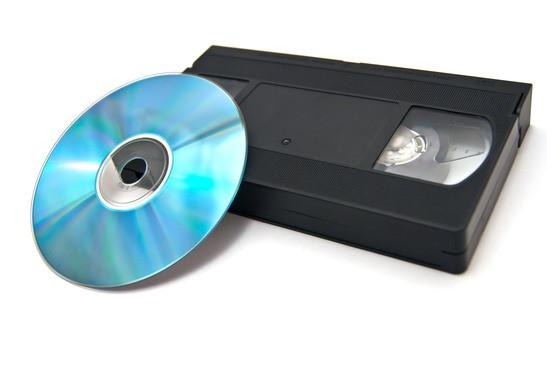
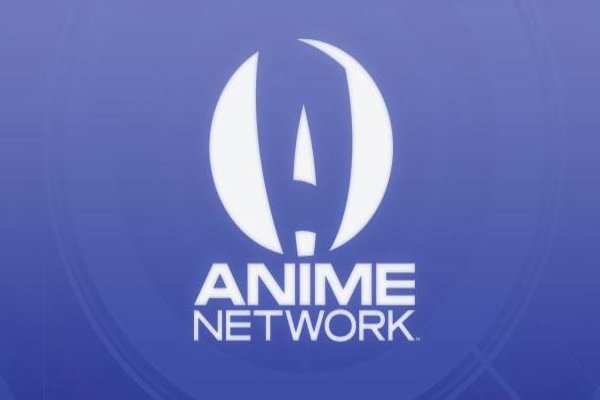
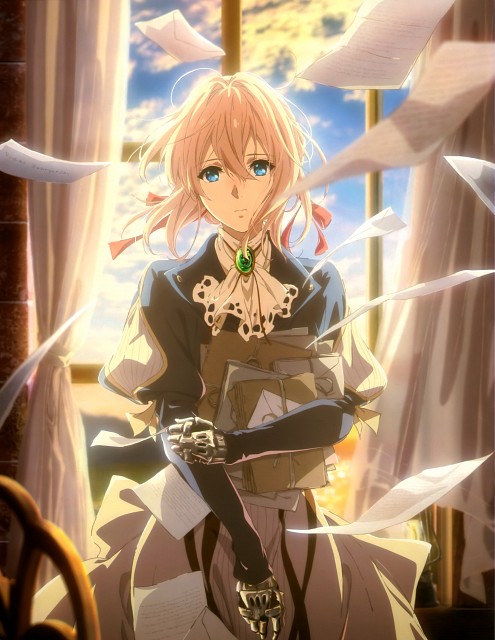
So true. Especially when the climax was cut short with a “to be continued” subtitle. That’s where excitement comes. Contemplating on what has happened in that episode and linking them with what happened in the past episodes then trying to visualize what could happen next helps a lot in fully enjoying the show.
Yes, the chewing of episodes makes a show that much more enjoyable. I remember how Eureka Seven would linger with me over the week. Binging prevents that part of enjoyment.